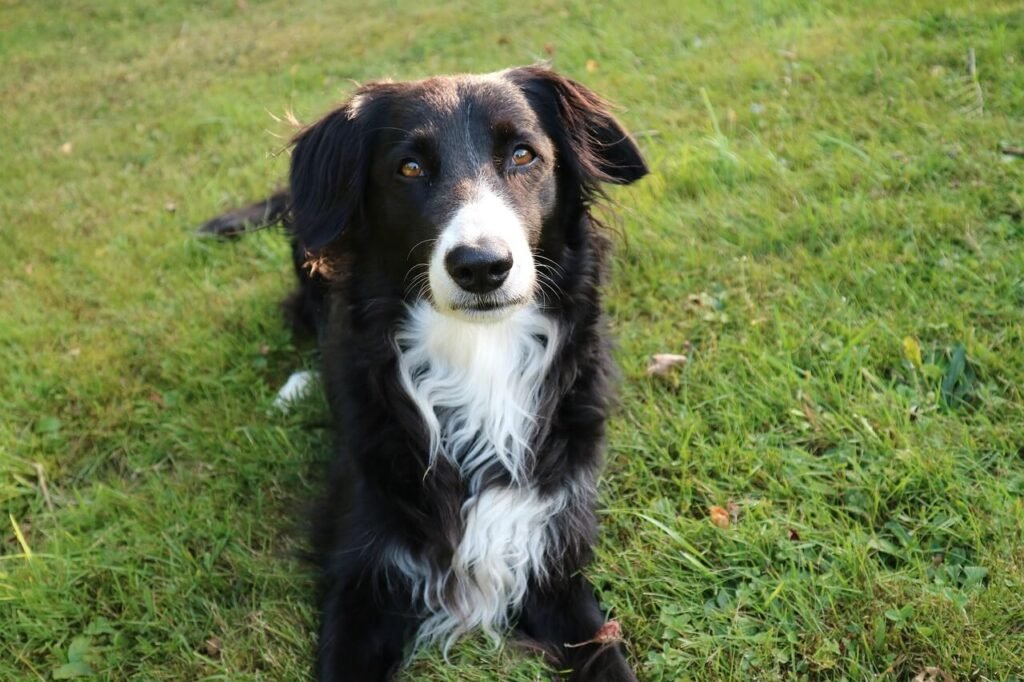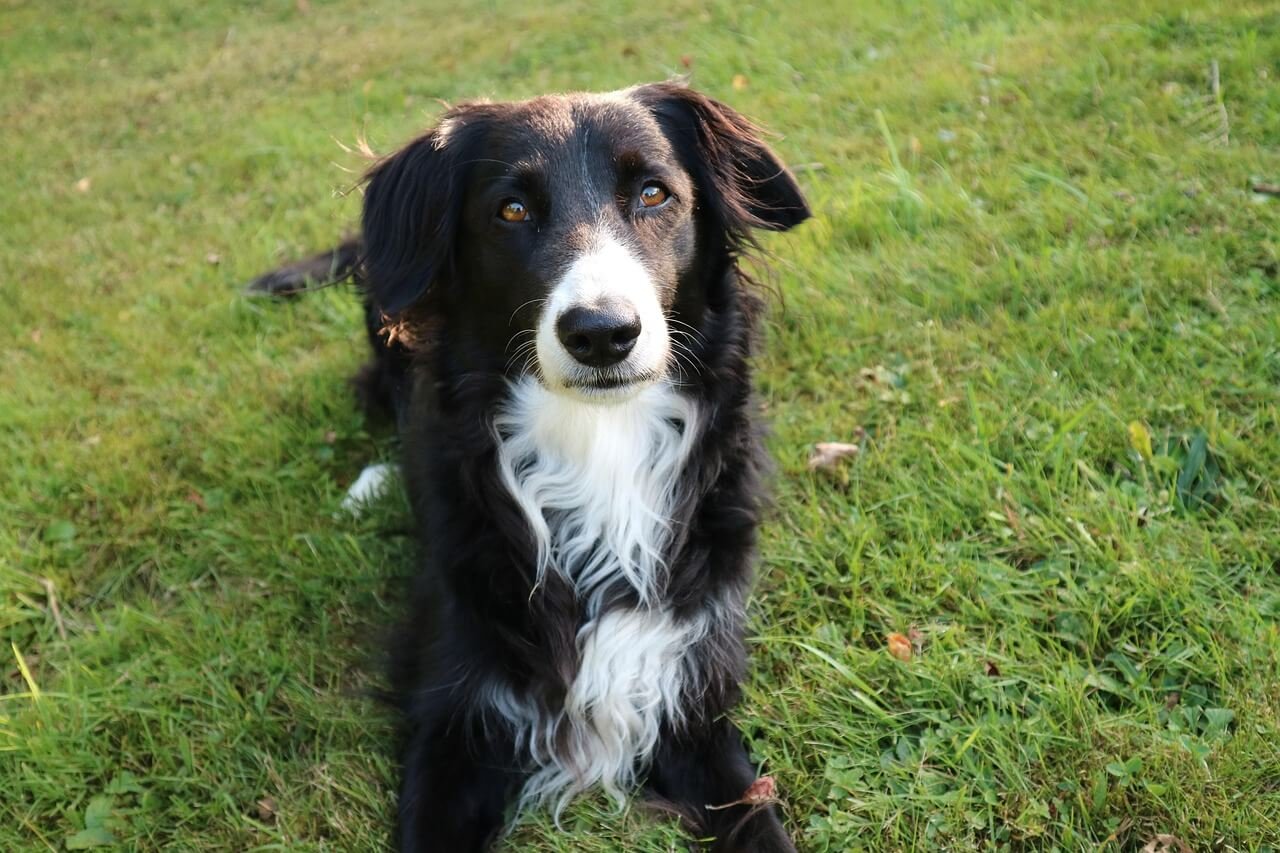Can Dogs Get Pneumonia from Humans?
As a dog owner, you’ve likely wondered about the risks of sharing illnesses with your furry companion. While dogs and humans can suffer from similar respiratory conditions like pneumonia, the question remains: can dogs get pneumonia from humans? Understanding how diseases are transmitted between species is essential for ensuring the health and safety of both you and your pet. In this blog post, we’ll explore the science behind pneumonia transmission, debunk common myths, and provide practical tips to keep your dog healthy. Let’s dive in and uncover the truth about this intriguing topic!
Types of Pneumonia in Dogs: What You Need to Know
Pneumonia in dogs can be caused by various factors, but not all types are contagious or linked to human illnesses. Here’s an overview of the most common forms of pneumonia in dogs:
Bacterial pneumonia occurs when harmful bacteria infect the lungs, often due to aspiration or weakened immunity.
Viral pneumonia is typically caused by canine-specific viruses, such as kennel cough or canine influenza.
Fungal pneumonia results from inhaling fungal spores, which are more common in certain environments like soil or bird droppings.
Aspiration pneumonia happens when foreign substances, like food or vomit, enter the lungs, leading to inflammation.
Parasitic pneumonia is less common but can occur if dogs ingest parasites that migrate to the respiratory system.
While these types of pneumonia affect dogs differently, none are directly caused by human-to-dog transmission. However, understanding these distinctions is crucial for proper prevention and treatment.
Can Humans Transmit Pneumonia to Dogs? Key Facts
The short answer is no—dogs cannot contract pneumonia directly from humans. However, there are nuances to consider when it comes to cross-species disease transmission. Here’s what you need to know:
Human pneumonia is typically caused by bacteria or viruses specific to humans, which do not affect dogs.
Dogs have different immune systems and receptors, making them resistant to most human pathogens.
Zoonotic diseases (those transmissible between humans and animals) are rare in the context of pneumonia.
Close contact, like kissing or sharing food, does not increase the risk of pneumonia transmission to dogs.
Secondary infections, such as those caused by weakened immunity, are more likely to harm dogs than human-specific illnesses.
While the risk of transmitting pneumonia is minimal, maintaining good hygiene practices ensures both you and your dog stay healthy.
Check this guide 👉Understanding Dog Pneumonia: Best 7 Expert Tips!
Check this guide 👉How to Help a Dog with Pneumonia at Home: Best 7 Tips!

Preventing Pneumonia in Dogs | Signs Your Dog May Have Pneumonia |
|---|---|
Keep your dog’s vaccinations up to date | Persistent coughing or hacking |
Avoid exposing your dog to sick animals | Difficulty breathing or rapid panting |
Provide a clean, stress-free environment | Lethargy or lack of appetite |
Regular vet check-ups for early detection | Nasal discharge or sneezing |
Ensure proper nutrition and hydration | Fever or shivering |
How to Protect Your Dog from Respiratory Infections
Even though dogs can’t get pneumonia from humans, they are still susceptible to other respiratory infections. Here are some tips to keep your dog’s respiratory system healthy:
Avoid taking your dog to places with high concentrations of sick animals, like overcrowded kennels.
Wash your hands thoroughly before and after handling your dog, especially if you’re unwell.
Keep your dog’s living area clean and free of dust, mold, or toxic substances.
Provide a balanced diet rich in vitamins and minerals to boost their immune system.
Limit exposure to extreme temperatures, which can strain their respiratory system.
By following these preventive measures, you can significantly reduce the risk of respiratory issues in your dog.
When to Visit the Vet: Recognizing Serious Symptoms
If you suspect your dog may have pneumonia or another respiratory issue, it’s important to act quickly. Here are signs that warrant an immediate vet visit:
Labored breathing or wheezing that doesn’t improve with rest.
A persistent cough lasting more than a few days.
Bluish gums or tongue, indicating oxygen deprivation.
Refusal to eat or drink, leading to dehydration.
Collapse or inability to stand, signaling severe illness.
Early intervention can make a significant difference in your dog’s recovery. Don’t hesitate to seek professional help if you notice any of these symptoms.
Common Misconceptions About Pneumonia in Dogs
There are several misconceptions about pneumonia in dogs that can lead to unnecessary worry or misinformation. Let’s clarify some of these myths to help you better understand the condition.
Myth: Dogs can easily catch pneumonia from cold weather.
Fact: While cold weather can stress the respiratory system, pneumonia is usually caused by infections or other specific factors.
Myth: All coughing in dogs indicates pneumonia.
Fact: Coughing can result from various issues, such as allergies or kennel cough, and doesn’t always mean pneumonia.
Myth: Pneumonia is always fatal in dogs.
Fact: With timely veterinary care, most cases of pneumonia in dogs are treatable and have a good prognosis.
By dispelling these myths, you can focus on accurate information and take appropriate steps to protect your dog’s health.
Environmental Factors That Can Increase Pneumonia Risk
Certain environmental conditions can make dogs more susceptible to pneumonia. Being aware of these factors allows you to minimize risks and keep your dog safe.
Exposure to cigarette smoke can irritate a dog’s respiratory system and increase infection risk.
Dusty or moldy environments may introduce harmful particles into your dog’s lungs.
Poor ventilation in indoor spaces can trap airborne pathogens, making infections more likely.
High humidity levels can promote fungal growth, which may lead to fungal pneumonia.
Contact with wild animals or their droppings can expose dogs to harmful bacteria or fungi.
By addressing these environmental risks, you can create a safer living space for your dog and reduce their chances of developing pneumonia.
Supporting Your Dog’s Recovery from Pneumonia
If your dog has been diagnosed with pneumonia, supporting their recovery is crucial for their well-being. Here are some steps you can take to aid their healing process.
Provide a quiet, comfortable space for rest to help their body focus on recovery.
Ensure access to fresh water at all times to keep them hydrated and support lung function.
Follow your veterinarian’s medication schedule strictly to avoid complications.
Use a humidifier to ease breathing and reduce irritation in their airways.
Avoid strenuous activity until your vet confirms they’re fully recovered.
By giving your dog the care and attention they need during recovery, you can help them regain their strength and return to their playful self sooner.
Frequently Asked Questions About Dogs and Pneumonia
Can dogs catch pneumonia from humans?
No, dogs cannot catch pneumonia directly from humans, as the pathogens are species-specific.
What causes pneumonia in dogs?
Common causes include bacterial infections, viral illnesses, aspiration, and environmental factors like fungi or parasites.
How can I tell if my dog has pneumonia?
Look for symptoms like coughing, difficulty breathing, lethargy, nasal discharge, and fever.
Is pneumonia in dogs treatable?
Yes, with prompt veterinary care, most cases of pneumonia in dogs can be treated effectively using antibiotics or other medications.
Can I prevent pneumonia in my dog?
Yes, by keeping your dog’s vaccinations current, avoiding exposure to sick animals, and maintaining a clean environment.
Keeping Your Dog Safe and Healthy
While the idea of dogs getting pneumonia from humans might sound alarming, the reality is that the risk is extremely low. By understanding the causes of pneumonia in dogs and taking preventive measures, you can ensure your furry friend stays happy and healthy. Remember to monitor your dog for any unusual symptoms and consult a veterinarian if needed. With proper care and attention, you can minimize the chances of respiratory illnesses and enjoy many joyful years with your loyal companion. After all, their health is worth every effort!
Do Cats Have Taste Buds? Best 7 Expert Tips! – Discover how cats experience flavors and why their taste is so unique.
Do Dogs Have Taste Buds? Best 7 Expert Tips! – Discover how dogs experience taste, their preferences, and what it means for their diet and health.
Can Cats Taste Sweet? Best 7 Expert Tips! – Discover why cats can’t taste sweetness, how it affects their diet, and tips to keep them healthy and happy.
Can Dogs Taste Sweet? Best 7 Expert Tips! – Discover how dogs perceive sweetness, which foods are safe, and tips to manage their sweet cravings responsibly.





